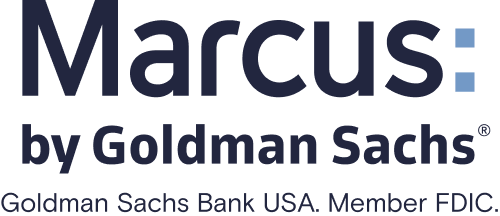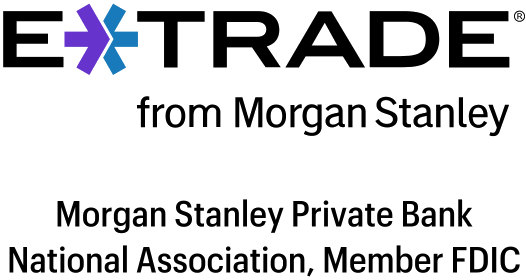Capital One CD Rates: Solid But No Market Leader
Capital One 360’s CD rates are on par with other online CDs and the bank requires no minimum deposit.

Many, or all, of the products featured on this page are from our advertising partners who compensate us when you take certain actions on our website or click to take an action on their website. However, this does not influence our evaluations. Our opinions are our own. Here is a list of our partners and here's how we make money.
Capital One 360’s CD rates are on par with other online high-yield CDs and there’s no minimum deposit requirement. You won’t find specialty CDs such as no-penalty or bump-up CDs that some online competitors have, but Capital One has competitive yields for an online bank.
Capital One is a digital banking giant with checking and savings accounts with no monthly fees, and a solid savings rate, so CDs aren’t the only plus at this bank.
» COMPARE: See the best CD rates
NerdWallet's take: Capital One’s CD rates don’t usually lead the pack among high-yield CDs, but the CDs’ key strengths lie in having solid APYs across a wide range of CD terms and no dollar amount requirement to open.
Capital One CD rates
6-month CD | 3.50% APY. |
9-month CD | 3.50% APY. |
1-year CD | 3.90% APY. |
18-month CD | 3.75% APY. |
2-year CD | 3.60% APY. |
30-month CD | 3.60% APY. |
3-year CD | 3.60% APY. |
4-year CD | 3.60% APY. |
5-year CD | 3.60% APY. |
More details about Capital One CDs
Minimum deposit | None. CD opening minimums tend to be $500 or $1,000, so having no minimum is an uncommon perk. |
Range of CD terms | 6 months to 5 years. This is a standard range of terms. |
Early withdrawal penalty | Varies by term:
Compare early withdrawal penalties by bank. *The penalty can include more than actual interest earned if the withdrawal occurs too early in the term. |
Other fees | None, which is common for CDs. |
Grace period | 10 days after the CD's maturity date. Capital One CDs automatically renew, so this 10-day window is the only time to withdraw without getting hit by a penalty. Compare grace periods by bank. |
Types of account ownership |
Note: Capital One doesn't offer IRA CDs. |
» Learn more about accounts on our Capital One review
What to consider when opening CDs
CD rates are fixed. If you open a Capital One CD today, its annual percentage yield will stay the same until the CD expires. This enables you to lock in a CD if rates are relatively high. Here’s a quick look at historical CD rates, or, if you want a snapshot of high-yield rates by term, see current CD rates.
Be aware of two common rules with CDs: You can’t make partial withdrawals of the CD deposit or add additional funds after depositing money into a CD.
You lose interest if you withdraw early. CDs are built to keep your money out of sight, out of mind. If you dip into a Capital One bank CD before it expires, there’s an early withdrawal penalty, which means losing some or all the interest you earned.
Interest accrues in a CD during the term, so you can benefit from compound interest. Alternatively, you can request to receive interest during the term to another account.
CDs auto-renew unless you opt out. To avoid renewal, withdraw during the grace period.
Compounding frequency doesn’t often help you compare rates. Like a savings account, a CD’s rate is primarily quoted as an annual percentage yield (APY), meaning the annual interest rate that factors in compounding. You can compare two interest rates with different compounding periods using APY. Alternatively, if you only know a CD’s interest rate, you need to know the compounding frequency — often daily or monthly — to estimate your return. Learn more about APY vs. interest rate.
» Unsure about CDs? Consider the best high-yield savings accounts instead

Member FDIC
Bread Savings® CD

4.05%
6 months
Marcus by Goldman Sachs High-Yield CD

4.00%
1 year
Synchrony Bank CD

4.10%
9 months
See CD rates by term and type
Compare the best rates for various CD terms and types:
How do CDs work?
Learn more about choosing CDs, understanding CD rates, and opening and closing CDs.
Choosing CDs:












